Israel and the United States Heighten Alert Amid Potential Iranian Retaliation After Israeli Airstrike
Israel and the United States are on high alert for potential retaliation from Iran following an Israeli airstrike in Damascus that killed seven Iranian commanders. Iran has vowed to avenge the killings but has not disclosed how or when it will retaliate. Both the US and Israeli military forces have heightened their alert levels in response. Two Iranian officials have stated that Iran has placed all its armed forces on high alert and is determined to respond directly to the Damascus attack to create deterrence.
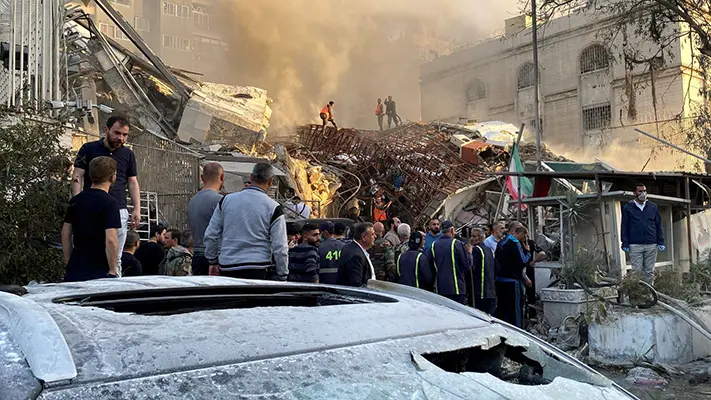
At the funeral of the officers killed in Damascus, Gen. Hossein Salami, the commander in chief of Iran’s Islamic Revolutionary Guards Corps, warned that any enemy act against Iran’s “holy system” would not go unanswered. He vowed that Iran’s “brave men” would punish the Zionist regime, and the Iranian nation’s art is to break the power of empires.
Is a direct clash with Iran inevitable?
The airstrike targeted a building that was part of the Iranian embassy complex in Damascus and killed three generals and four other officers of the Quds Force, an arm of the Revolutionary Guards. Iran’s ambassador to the United Nations, Amir Saeed Iravani, has stated that he will provide interviews to US news outlets after Iran’s response to Israel.
There are concerns of a potential war as Iran has a history of forceful responses. Four years ago, after the US killed the chief of the Quds Force, Iran fired missiles at US bases in Iraq. While Iran’s proxy militias have launched attacks on Israel, Iran has avoided direct conflict with Israel to prevent a full-fledged war.
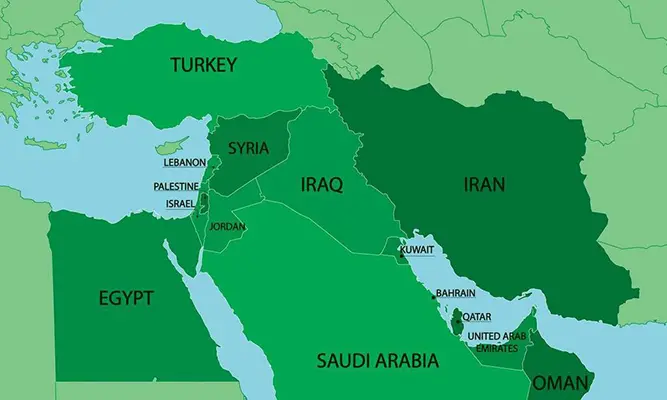
Hezbollah leader Hassan Nasrallah stated that Iran’s response to the targeting in Damascus is inevitable. Israeli and US military analysts believe that Iran is more likely to strike Israel directly rather than through its proxies.
The final decision on a strike against Israel rests with Supreme Leader Ayatollah Ali Khamenei. US military analysts assess that Iran is not interested in a broader regional conflict and only wants to take advantage of the existing crisis.
Iranian society demands retaliation
During the funeral ceremony in Tehran, coinciding with the Quds Day rally, the crowd chanted “Death to Israel” and “Death to America” and expressed anger towards Israeli Prime Minister Benjamin Netanyahu. The rally was overshadowed by the funeral and heightened tensions between Iran and Israel.
The coffins of the slain Quds Force officers were taken to the residential compound of Supreme Leader Ayatollah Ali Khamenei, where he performed the Muslim prayer for the dead over them. This honor is usually reserved for senior officials killed by Israel or the United States.
Overall, there are concerns of potential retaliation from Iran following the Israeli airstrike, and both Israel and the US are on high alert. The situation remains tense as Iran determines how and when to retaliate.

We also recommend reading:
Why Iran Is the Common Link in Conflicts From Gaza to Pakistan, The Enduring Influence Of The Nakba, Dina Rubina — OPEN LETTER, The “Tail Wags The Dog” Principle: How It Works In Politics





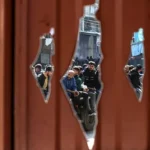

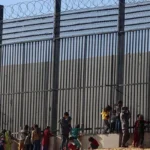

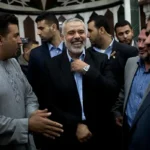

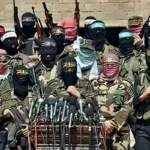



Leave a Reply